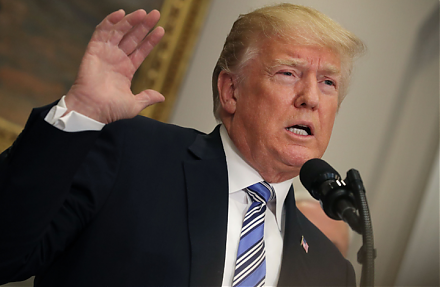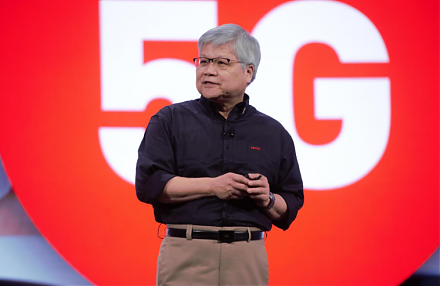

2018-06-07 10:36:00 Thu ET
technology antitrust competition bilateral trade free trade fair trade trade agreement trade surplus trade deficit multilateralism neoliberalism world trade organization regulation public utility current account compliance
AT&T wins court approval to take over Time Warner with a trademark $85 billion bid despite the Trump administration prior dissent due to antitrust concerns. This court approval involves no additional conditions on the prospective mega merger between AT&T and Time Warner. As a consequence, Time Warner's share price has surged by 5% since this unconditional court approval, whereas, AT&T's share price shows less volatile gyrations.
Both companies hope to better compete with Netflix, Amazon, Comcast, DirecTV and other online video content providers. Prior antitrust critics suggest that the joint company might lead to anti-competitive issues with greater market concentration. This mega merger might result in higher oligopolistic markups to the detriment of U.S. consumers, this probable merger remains open to controversy.
A powerful combination of Trump tax cuts, low capital costs, robust corporate net gains, and balance sheet capital improvements drive the current appetite for new mergers and acquisitions. In the first half of the current fiscal year, we witness $978 M&A deals at a pivotal point in real business cycles with both full employment and low inflation. As many unicorns package themselves as potential M&A targets for tech titans, the current M&A wave boosts the aggregate demand for high-skill R&D patents and tech talents. During the Trump economic boom, the current M&A wave seems to start with telecom-and-media mergers.
Comcast may next target acquiring Fox in America or Sky in Europe, and T-Mobile and Sprint may form a $150 billion company to better compete with the top wireless communication rivals Verizon and AT&T. These mega M&A deals can spill over to other industries such as big banks, technology titans, and pharmaceutical giants.
If any of our AYA Analytica financial health memos (FHM), blog posts, ebooks, newsletters, and notifications etc, or any other form of online content curation, involves potential copyright concerns, please feel free to contact us at service@ayafintech.network so that we can remove relevant content in response to any such request within a reasonable time frame.
2019-02-05 10:32:00 Tuesday ET

President Trump remains optimistic about the Sino-American trade war resolution of both trade deficit eradication and tech transfer enforcement. Trump now s
2019-02-04 07:42:00 Monday ET

Federal Reserve remains patient on future interest rate adjustments due to global headwinds and impasses over American trade and fiscal budget negotiations.
2019-03-11 10:32:00 Monday ET

Lyft seeks to go public with a dual-class stock ownership structure that allows the co-founders to retain significant influence over the rideshare tech unic
2019-11-11 09:36:00 Monday ET

Apple upstream semiconductor chipmaker TSMC boosts capital expenditures to $15 billion with almost 10% revenue growth by December 2019. Due to high global d
2025-06-05 00:00:00 Thursday ET

Former New York Times team journalist and Pulitzer Prize winner Charles Duhigg describes, discusses, and delves into how we can change our respective lives
2018-08-19 10:34:00 Sunday ET

The World Economic Forum warns that artificial intelligence may destabilize the financial system. Artificial intelligence poses at least a trifecta of major